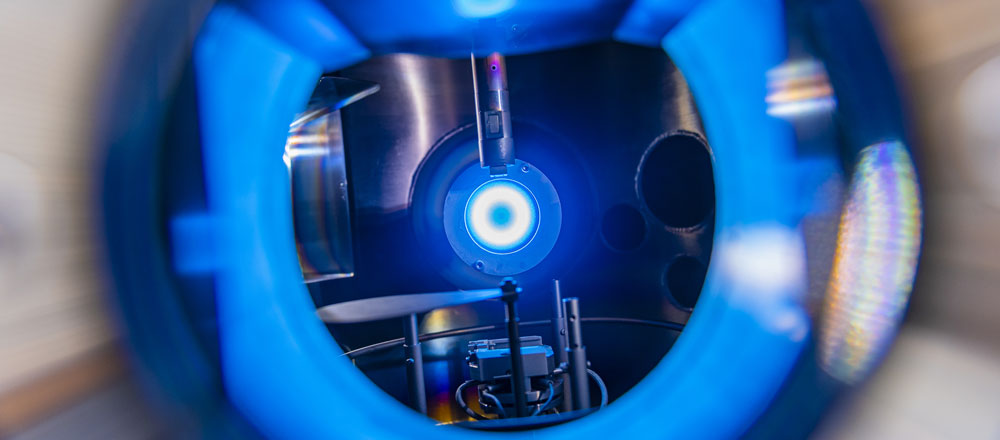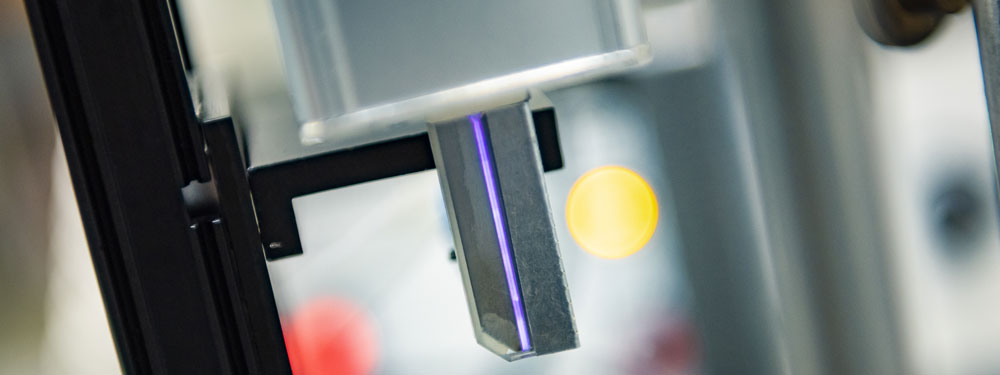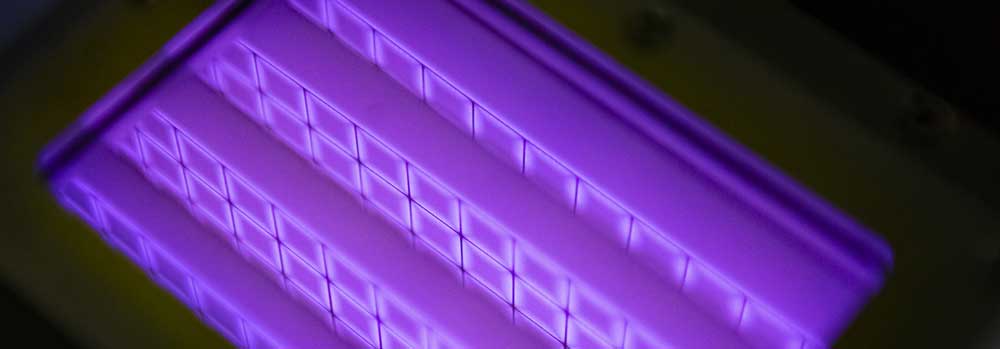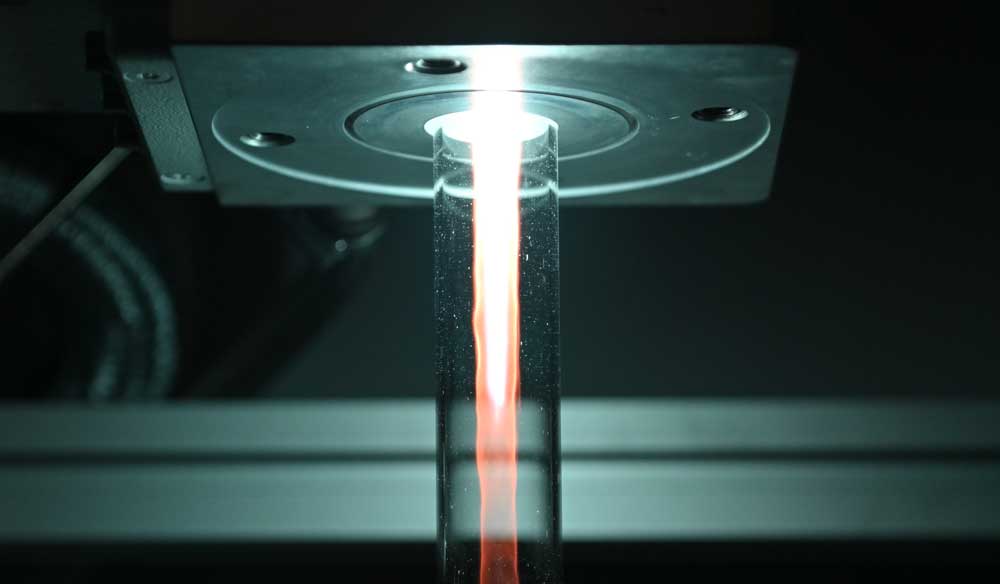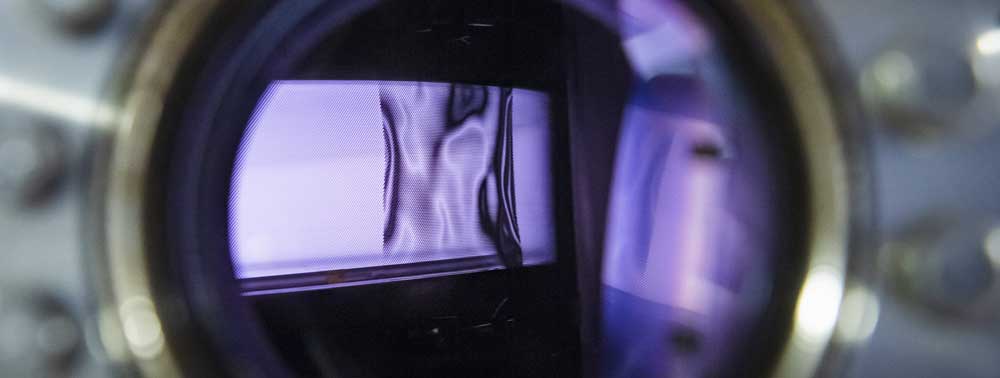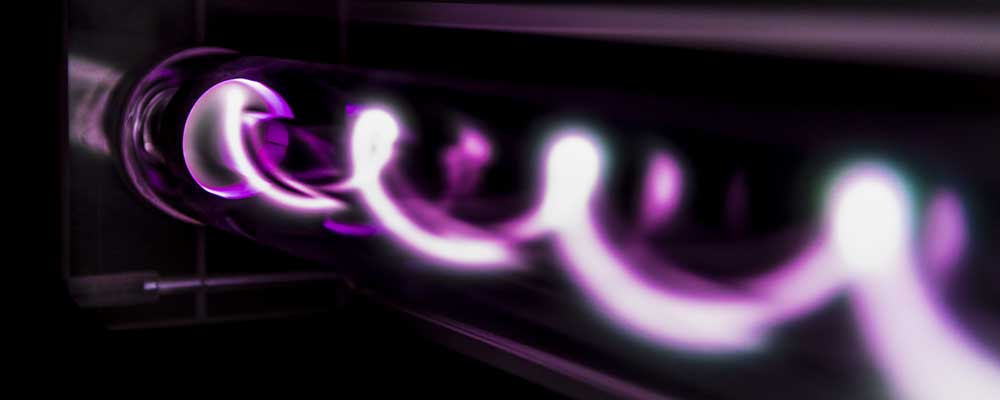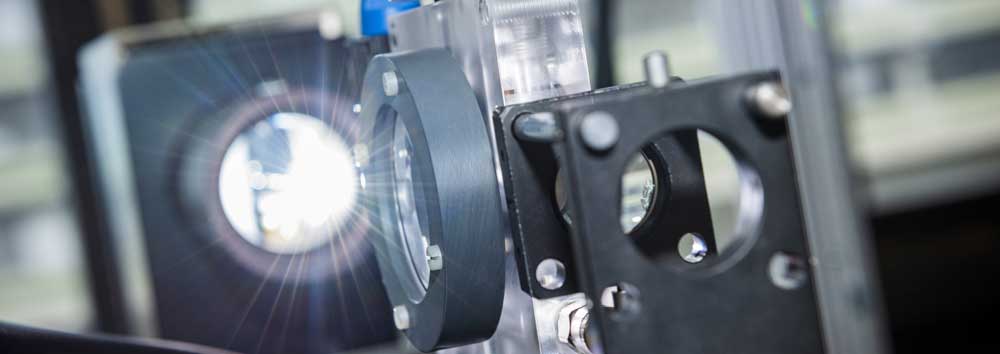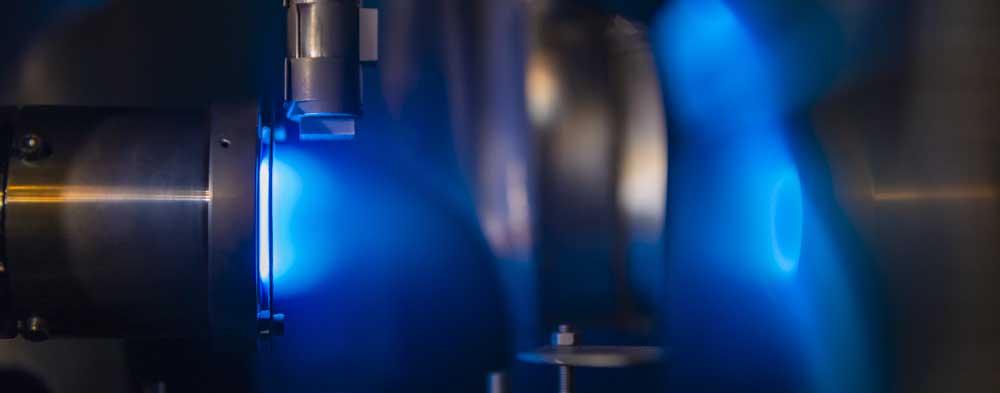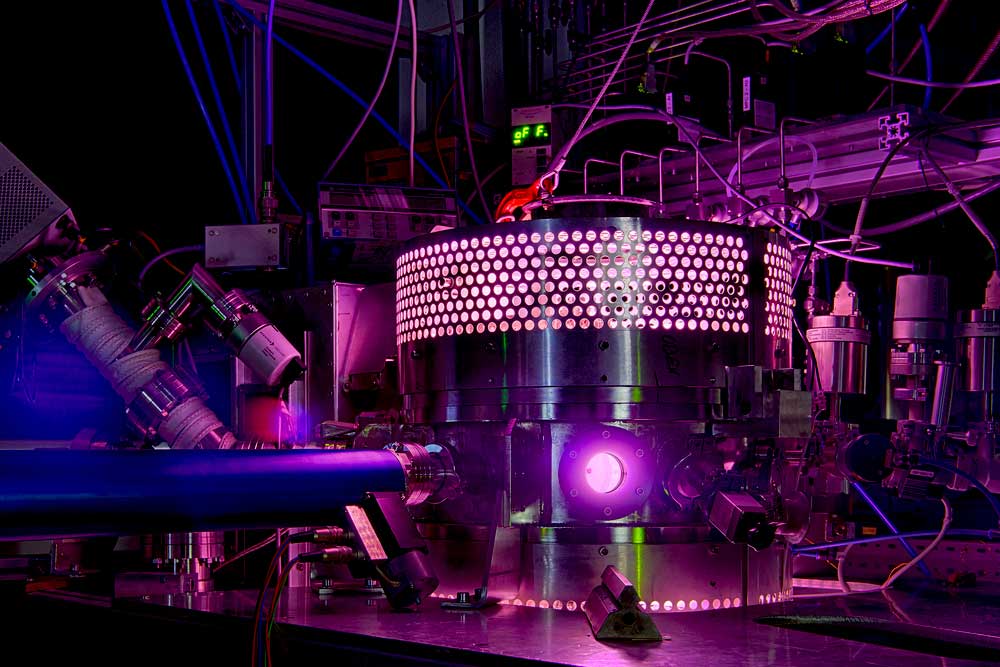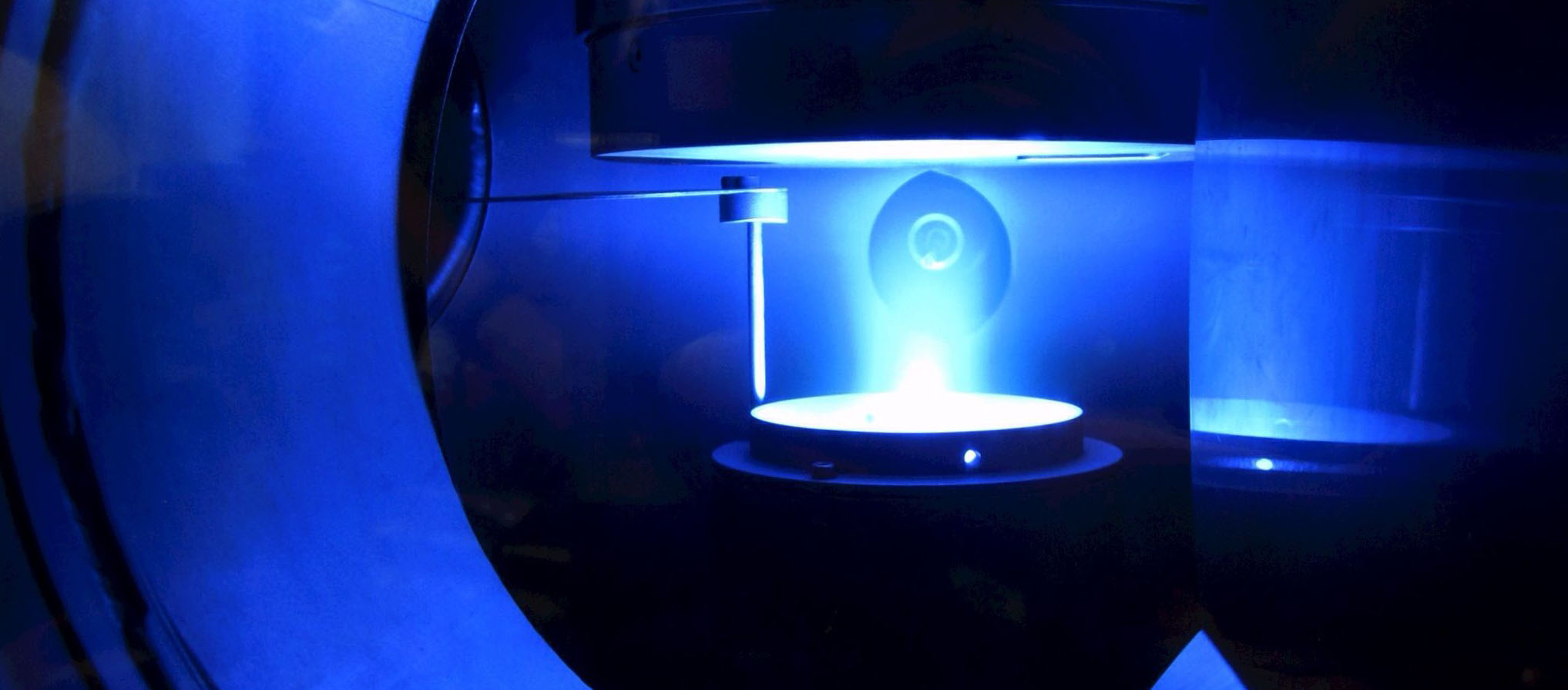Honour
Lukas Mai receives a PhD award

Dr. Lukas Mai from the Faculty of Chemistry and Biochemistry receives a prize from the German Chemical Society (GDCh). The prize is the H.C. Starck Tungsten Doctoral Award 2021 of the GDCh Division of Solid State Chemistry & Materials Research. The prize is awarded for Mai's dissertation "Investigation of Amino-Alkyl Coordinated Complexes as New Precursor Class for Atomic Layer Deposition of Aluminum, Tin and Zinc Oxide Thin Films and Their Application." The certificate and the prize money of 2,500 euros will be awarded at the Science Forum Chemistry at the end of August.
The award-winning work was carried out in an interdisciplinary environment between chemistry, materials science and engineering in the Chemistry of Inorganic Materials group. It involved the investigation of new chemicals, known as precursors, used for the deposition of ultrathin films by atomic layer deposition. These nanostructured thin films could then be tested in current applications as gas sensors, gas barrier layers or in transistors. The two projects SFB-TR 87 and EFRE-FunALD, within which the work was carried out, provided the ideal platform for this application-oriented research.
Atomic Layer Deposition is used in microelectronics for computer chips, displays and sensors, among other applications, to deposit various materials with a thickness of a few nanometers (one millionth of a millimeter) on surfaces. Chemical compounds, known as precursors, are used for this purpose, which must be volatile, thermally stable and reactive. Alkyl compounds are often used in industry, but although they meet these conditions, they self-ignite in air and thus require high safety precautions. Lukas Mai used a so-called 3-(dimethylamino)propyl (DMP) ligand to stabilize aluminum, tin and zinc compounds, which are thus safer and still meet all precursor conditions.
adapted from RUB, Arne Dessaul
